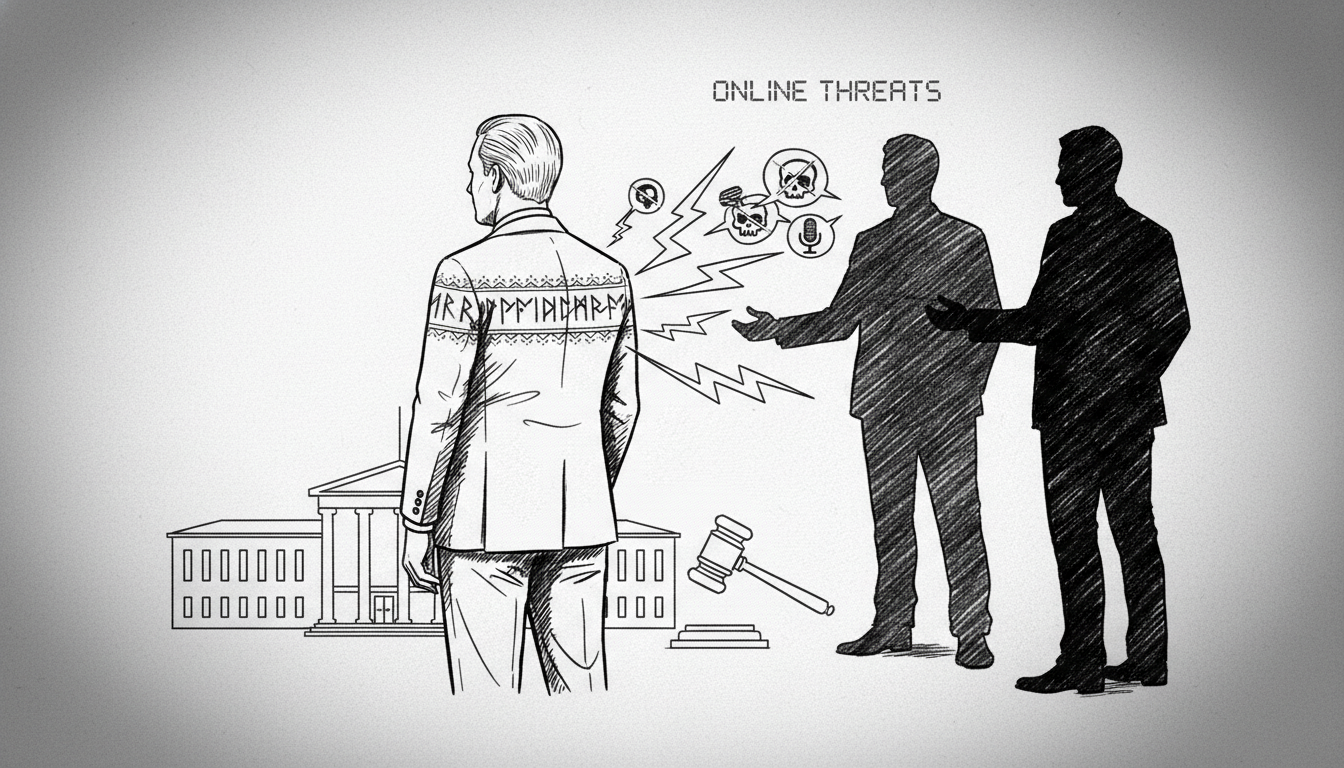A Swedish court has convicted two men for making illegal threats against Moderate Party politician Edward Riedl. The men, aged 60 and 56, faced charges after posting threatening comments on a local political Facebook page. Their remarks targeted Riedl, a member of parliament from Umeå who chairs the finance committee.
The threats appeared beneath a political post featuring Riedl's photograph. One man wrote about having faulty brakes on his car when seeing certain people cross the street. The other suggested testing a guillotine on the politician. Both men admitted writing the comments but denied criminal intent. They claimed their statements represented general and sarcastic contributions to political debate.
Umeå District Court rejected their arguments. The court determined the men intended to create serious fear in the politician. Targeting an elected official constituted an aggravating circumstance in the case. Each man received 100 day-fines as punishment for unlawful threats.
Riedl described his reaction to the threatening comments in an official statement. He explained that while he often lets malicious remarks pass, these particular threats felt disturbing. The politician noted that many factors can influence how one perceives a comment. This time, the situation warranted a police report.
This case highlights growing concerns about political discourse in Sweden. Online threats against politicians have become increasingly common across the Nordic region. Sweden's legal system treats threats against elected officials with particular seriousness. The conviction demonstrates that courts will punish online threats even when defendants claim sarcastic intent.
Political violence and intimidation present real challenges for democratic societies. Sweden maintains strong protections for free speech but draws clear lines at threats and harassment. The Nordic model emphasizes both open debate and personal security for public figures. This balance becomes increasingly difficult to maintain in digital spaces.
The conviction sends a clear message about acceptable political discourse. Swedish courts will protect politicians from credible threats regardless of the medium used. This matters for democratic participation and public service. When politicians face genuine fear for their safety, the entire political system suffers.
International observers should note Sweden's approach to this challenge. The country combines strong free speech traditions with robust legal protections against intimidation. This case represents another example of that balance in action. The outcome reinforces that political disagreement cannot cross into criminal threats.

